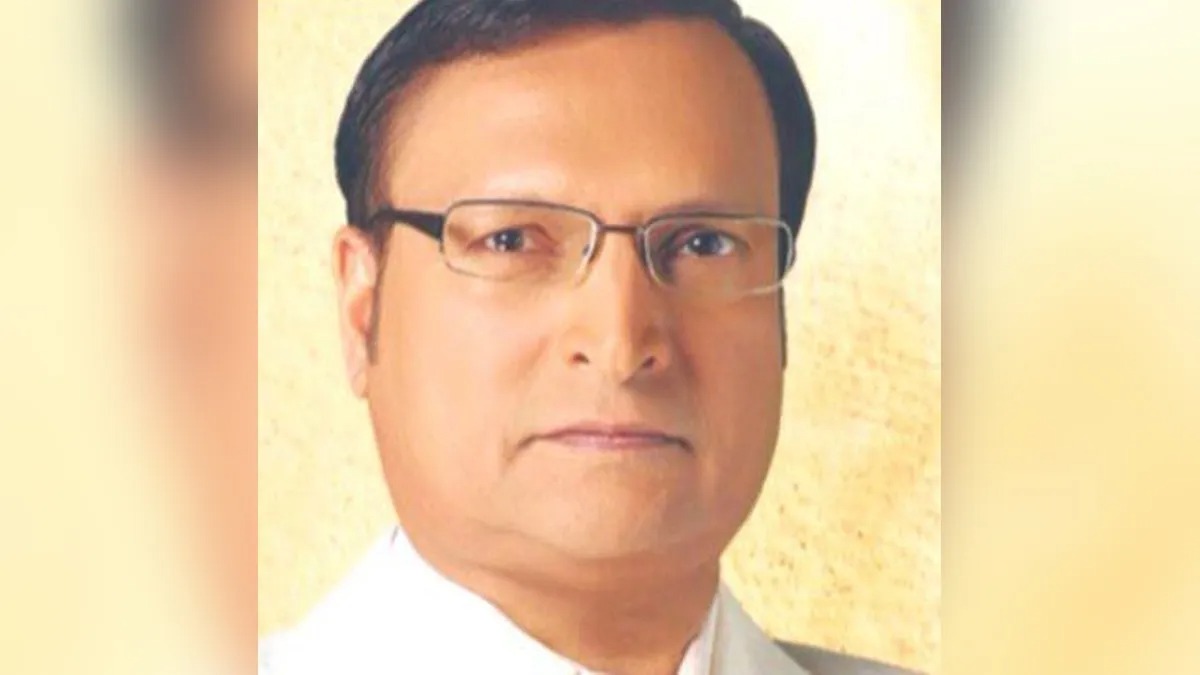
The news about a judge allegedly hiding substantial sums of unaccounted cash has shaken the very foundations of public trust in the judiciary. The controversy started with whispers and rapidly escalated as photographs, financial documents, and insider reports began surfacing across media outlets and social platforms. Suddenly, the untouchable image of the judiciary was under fire, and a nation that relies on its legal system for justice found itself in a state of disbelief.
This isn’t just about one individual. It's about the institution. A judge is not an ordinary public servant; they are the custodians of justice, holding the balance of fairness in their hands. So when financial irregularities are associated with such an individual, it hits harder. It feels personal. The law is supposed to be blind, not bound by bills. The idea that someone in such a sacred position could potentially manipulate the system for personal gain opens up questions we aren’t ready to answer.
We need to ask ourselves—what kind of precedent are we setting if we turn a blind eye? If hiding cash becomes a tolerable offense in the judiciary, the message it sends is both dangerous and irreversible.
Why This Case Matters to the Public
This case is not about voyeurism into someone’s finances. It’s about trust. The judiciary is supposed to be the last line of defense for the common man. When every other institution fails, we still believe that a judge will uphold the Constitution. But that belief begins to falter when questions of financial misconduct emerge.
Public interest in this case goes beyond sensationalism. It touches the very core of democracy. A corrupt judiciary can bring the downfall of an entire system. Decisions made behind closed doors can affect millions of lives—verdicts on land disputes, business conflicts, criminal cases, or even elections.
Furthermore, the lack of transparency in judicial appointments and financial disclosures has always been a grey area. This case just added more fuel to that fire. People are asking: How are judges appointed? Who monitors their conduct? Why isn’t there a mandatory annual disclosure of assets?
Legal Framework Around Asset Declaration
Indian Judicial Ethics and Financial Transparency
India has had a long-standing debate about the asset declaration of judges. While bureaucrats and politicians are often expected to declare their wealth, the judiciary has largely been exempt, operating in a grey zone under the cover of 'independence.' While the concept of judicial independence is vital, it should never come at the cost of accountability.
The Supreme Court has, from time to time, encouraged voluntary disclosures, and some judges have complied. But voluntary isn't enough. What is required is a codified, enforceable system where every judge, from the lowest court to the apex, must disclose their assets annually. There should be no ambiguity. No loopholes.
The inaction so far is not due to a lack of laws but rather the absence of will. The judicial system has shielded itself from external scrutiny in the name of autonomy. While that protects judges from political pressures, it also creates a fertile ground for misconduct to go unchecked.
Importance of Public Trust in the Judiciary
Trust is not built overnight, and once broken, it takes decades to rebuild. The public trusts judges not just to interpret the law but to embody it. When a judge is found hoarding cash, every ruling they've made comes under suspicion. Every accused they convicted, every property dispute they resolved—it all becomes tainted by doubt.
This lack of trust seeps into the courtroom. It weakens the moral authority of the judiciary and discourages whistleblowers within the system. When there’s no confidence that the system will protect honesty or penalize corruption, the silence becomes deafening.
The integrity of the judiciary is like the oxygen of a democracy—unseen but essential. We only realize its absence when it becomes too late.
The Dangers of Hiding Wealth in the Judiciary
Impact on Judicial Credibility
Credibility isn’t just a word—it’s the core of every verdict a judge delivers. When a judge’s credibility is compromised by financial misconduct, it calls into question the legitimacy of their entire career. Every ruling becomes a potential miscarriage of justice. The ripple effect spreads far beyond the courtroom, affecting public sentiment, investor confidence, and even international perception of the country’s legal system.
Even a single instance of hidden wealth undermines years of progress. It creates a dangerous dichotomy between what the law says and what its enforcers practice. Can the judiciary really uphold anti-corruption laws when some of its own are compromised? That’s the contradiction that eats away at the system from within.
How Hidden Wealth Fuels Corruption
Hidden wealth is not just a symptom; it's a system. It signals that there are channels to bypass scrutiny, that financial oversight mechanisms can be manipulated, and that personal gain can take precedence over public duty. For the judiciary, this is particularly alarming because it means that decisions could be influenced by monetary incentives rather than merit or evidence.
Once that door is opened, even a crack, it becomes a freeway for others. If one judge gets away with it, what stops another? Soon, corruption doesn’t remain isolated—it spreads like an infection. Law becomes a commodity, justice a service for the highest bidder.
--Advertisement--

 Share
Share



